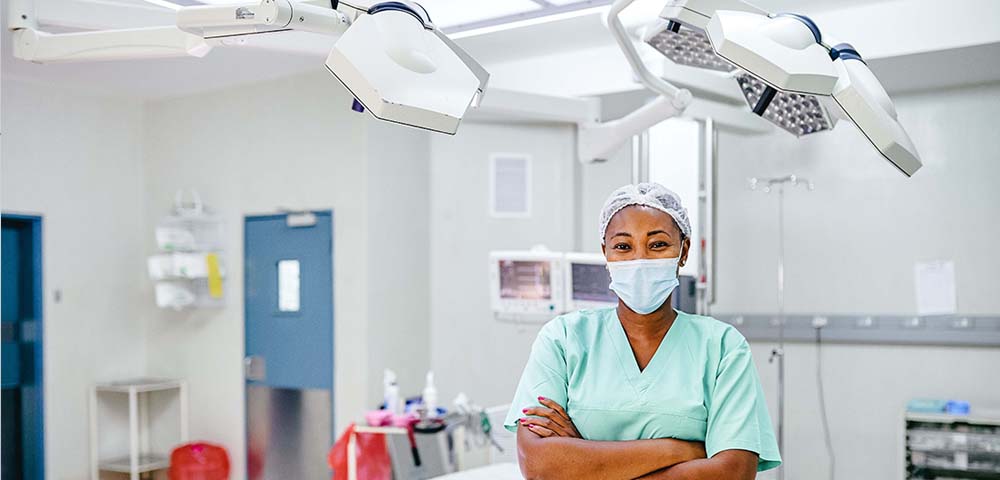
General Gynaecological Conditions & Treatments
Gynaecology involves specialised care of women’s bodies, particularly their reproductive systems. It includes diagnosing and treating all disorders that affect the uterus, vagina, ovaries, fallopian tubes, and breasts.
Gynaecologists treat a wide variety of conditions, including:
Pap Smears:What is a Pap Smear?
A Pap smear is a test that gently removes cells from the surface of the cervix to check if a patient has cervical cancer or an infection.
Why are Pap smears considered preventative?A Pap smear is considered preventative because it could identify abnormal cellular activity early. Abnormal cervical cells can indicate various issues ranging from sexually transmitted diseases to cervical cancer. Whether an infection or cancer causes the cells, early detection is the key to preventing future issues.
When should you go for a pap smear?A Pap smear is usually done once a year when a woman goes for her annual checkup. However, if a woman has had cervical cancer or other reproductive health issues before, her doctor may recommend a Pap smear every six months.
Does a Pap smear hurt?Pap smears should not hurt that much, but it depends on the individual. If it is your first Pap smear, the process might be uncomfortable, and you may feel a slight pinch. However, it is relatively quick, so if you experience discomfort, it won’t be for long.
Polycystic ovary syndrome (PCOS)What is PCOS?
Polycystic ovary syndrome (PCOS) is a hormonal disorder that causes infrequent or prolonged menstrual periods or an excess of the male hormone androgen.
What are the symptoms of PCOS?Symptoms of polycystic ovary syndrome usually develop when a woman has her first menstrual period, but it can develop later on in life.
If you experience at least two of these signs, you may have PCOS:
- Irregular menstrual periods or absent periods
- Obesity
- Excess hair growth on the face, chest, abdomen or upper thighs
- Severe acne that occurs after adolescence and does not respond to treatments
- Infertility (PCOS is one of the most common causes of female infertility)
The exact cause of PCOS is unknown, but some possible factors include
- Excess insulin
- Low-grade inflammation
- Genetics
- Excess androgen
What is endometriosis?
It is a painful disorder that happens when the endometrium, the tissue that lines the inside of the uterus, grows outside it. The tissue will act like normal uterine tissue during the menstrual period. However, the surrounding areas may become inflamed or swollen because this blood has nowhere to go.
Types of endometriosisThe type of endometriosis is determined by where it takes place:
- Superficial peritoneal lesion: This is the most common kind of endometriosis. This occurs when lesions form on the peritoneum, a thin film that lines the pelvic cavity.
- Endometrioma (ovarian lesion): Dark, fluid-filled cysts form deep in the ovaries. They usually don’t respond well to treatment and can damage healthy tissue.
- Deeply infiltrating endometriosis: This type grows under the peritoneum and can involve organs near the uterus, such as the bowels or bladder.
- Back pain
- Severe menstrual cramps
- Pain when pooping or peeing, especially during your period
- Unusual or heavy bleeding during periods
- Blood in your stool or urine
- Diarrhoea or constipation
- Painful sex
- Constant fatigue
- Difficulty getting pregnant

